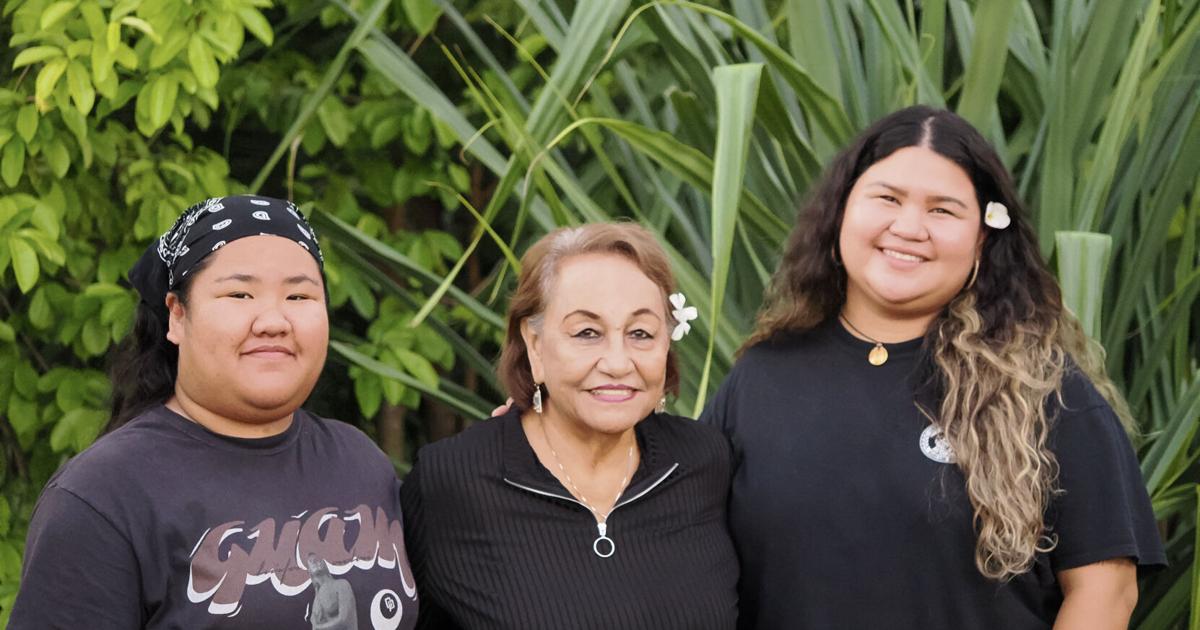The University of Guam Press is launching “Tinanom Åmot Siha: Plants Used in Traditional CHamoru Healing,” by Lourdes Toves Manglona, fondly known as Mama Lou.
The book’s launch will begin with a book signing and meet-the-author event at 11:30 a.m. at the Guam Museum on Saturday, Nov. 15.
Mama Lou’s educational resource profiles over 70 plants that yo’åmte, or traditional healers, use in their healthcare practices, and it continues a cultural tradition that has long been passed on for generations across the Marianas.
Manglona dedicates her debut book to past and present healers who have shared their knowledge with passion and purpose.
She especially credits her grandmother for the timeless knowledge she is able to pass down to her children and predecessors.
“To Ana Toves Manglona, whose teachings on traditional medicine and its practices have profoundly shaped my understanding and appreciation of our heritage,” Mama Lou wrote in her book’s dedication.
HITA Talk
A HITA (Heritage-Ideas-Traditions-Arts) Talk and presentation, hosted in collaboration with the Museum, will begin at 1 p.m.
In the presentation, patrons will learn the value of local plants and natural elements in the preparation of åmot, or traditional CHamoru medicine, which uses items found in the living environment. The event is free and open to the public.
Mama Lou urges readers to use the book to gain a deeper appreciation and understanding of the plants that nourish the island and people.
“We’re people on earth. God gave us the land, and God gave us the plants. God gave us the sun, the rain, and even the sea. So, we have to use that,” Mama Lou said.
Equipped with a glossary and space for notetaking, this interactive guide will serve as the primary textual resource in Mama Lou’s “Traditional Healing Practices on Guam,” a course that she teaches at UOG that provides students a basic understanding of the indigenous healthcare system.
Tinanom Åmot Siha is intended for educational purposes only and Mama Lou emphasizes the importance of learning from trained yo’amte when dealing with plants and medicine that can be fatal if not prepared correctly.
The guide does not serve as a substitute for professional medical advice, diagnosis, or treatment and will not include detailed recipes for åmot.
Tinanom Åmot Siha is available for pre-order at uogpress.com for $20 and will be available for purchase at the book’s launch and at local bookstores after its official release.
For more information, contact UOG Press publicist, Via De Fant, at defantv@triton.uog.edu or (671) 735-2153.
